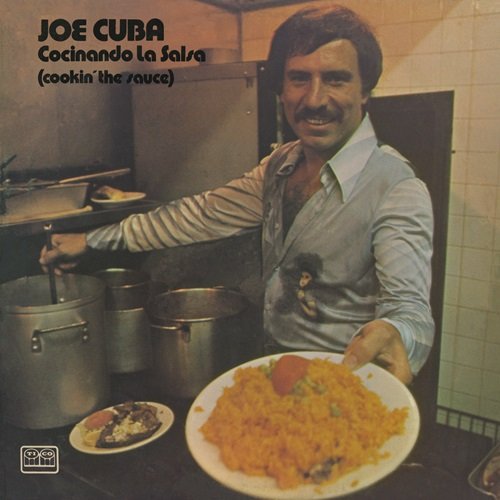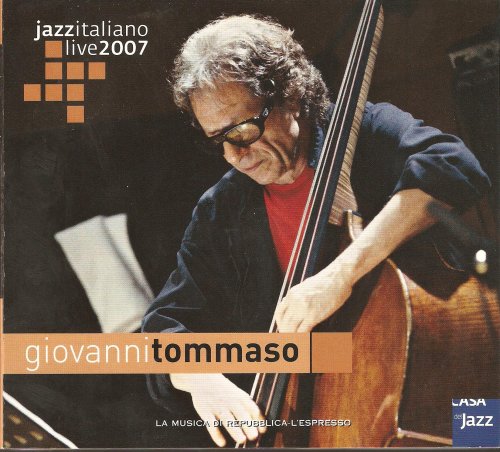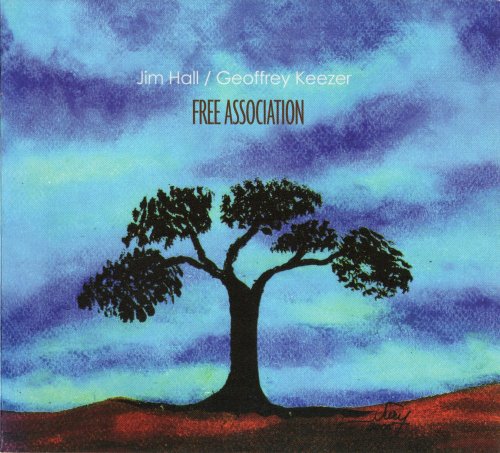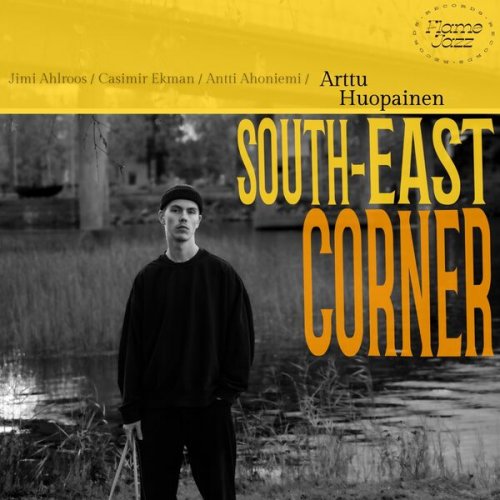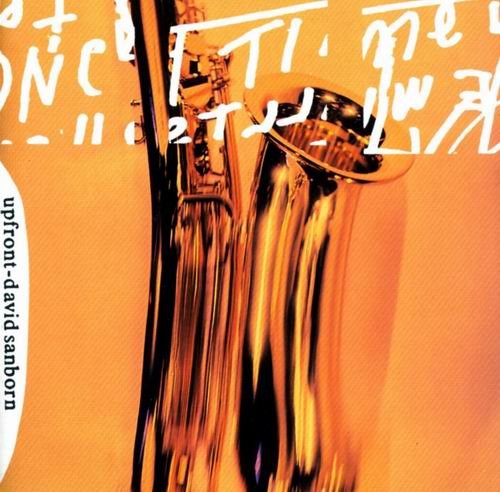Byron Janis - Rachmaninoff: Piano Concertos Nos. 1 & 3 (1997)
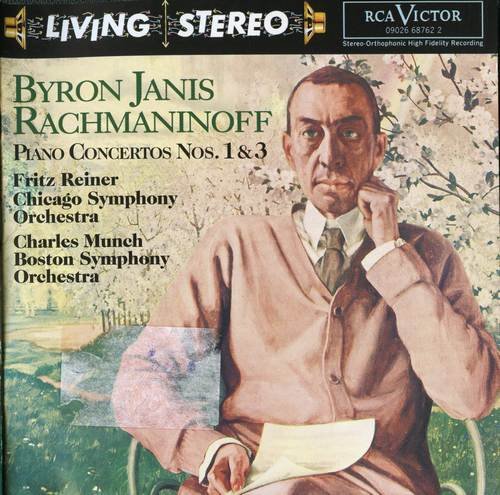
Artist: Byron Janis
Title: Rachmaninoff: Piano Concertos Nos. 1 & 3
Year Of Release: 1997
Label: RCA Victor Red Seal
Genre: Classical
Quality: FLAC (image+.cue,log,scans)
Total Time: 63:02
Total Size: 337 Mb
WebSite: Album Preview
Tracklist: Title: Rachmaninoff: Piano Concertos Nos. 1 & 3
Year Of Release: 1997
Label: RCA Victor Red Seal
Genre: Classical
Quality: FLAC (image+.cue,log,scans)
Total Time: 63:02
Total Size: 337 Mb
WebSite: Album Preview
Piano Concerto No. 1 in F-Sharp Minor, Op. 1
1. I. Vivace
2. II. Andante
3. III. Allegro vivace
Piano Concerto No.3 in D minor, Op.30*
4. I. Allegro ma non tanto
5. II. Intermezzo (Adagio)
6. III. Finale (Alla breve)
Performers:
Byron Janis, piano
Chicago Symphony Orchestra
Fritz Reiner, conductor
Boston Symphony Orchestra,*
Charles Munch, conductor*
This disc brings together two renowned Janis recordings from 1957 which have the advantage of being conducted with the highly renowned Reiner at the helm of the Chicago orchestra. This was a pair of recordings made by this combination of musicians who had a sympathetic working relationship which is clearly apparent as the music progresses.
The immediate advantage of these recordings over the alternative Mercury versions is that the recordings are less closely miked. This results in the orchestral partnership, not only being heard more clearly as the composer intended, but also the balance allows for more width and depth of the orchestral setting in which the piano sits more realistically. All of this is emphasised by the remastering at 20 bits. (There is another remaster at 24 bits of the first concerto coupled with the Schumann concerto and the Liszt Totentanz which is better still and remarkable for its quality).
The Mercury alternatives are to be found on two discs – concertos 2 and 3 from 1960/1 with Dorati conducting and which is at an even higher voltage in the final movement of Concerto 3 which is marginally quicker but where the articulation of the orchestral support is not so apparent – the consequence of the close focus on the piano being the main issue.
The Concerto 1 can be found coupled with the Prokofiev 3 and can be described as simply scorching. The Prokofiev adds to its attractions as well as the solo encore items. This is a superb disc recorded by Mercury in Moscow and with the orchestra giving an authentically Russian support under the leadership of Kondrashin. This is less closely miked than the Dorati disc and a ‘must have’ disc in its own right.
What to do? This may well depend on purchasers’ priorities concerning precise couplings. There will be high levels of musical satisfaction with all these discs regardless of the above comments. The only real way for collectors to solve the collection problem is to get them all and then the myriad small differences will simply add to musical appreciation as also indicated above.
These are significant recordings by significant musicians and their musical worth simply cannot be over-estimated.
The immediate advantage of these recordings over the alternative Mercury versions is that the recordings are less closely miked. This results in the orchestral partnership, not only being heard more clearly as the composer intended, but also the balance allows for more width and depth of the orchestral setting in which the piano sits more realistically. All of this is emphasised by the remastering at 20 bits. (There is another remaster at 24 bits of the first concerto coupled with the Schumann concerto and the Liszt Totentanz which is better still and remarkable for its quality).
The Mercury alternatives are to be found on two discs – concertos 2 and 3 from 1960/1 with Dorati conducting and which is at an even higher voltage in the final movement of Concerto 3 which is marginally quicker but where the articulation of the orchestral support is not so apparent – the consequence of the close focus on the piano being the main issue.
The Concerto 1 can be found coupled with the Prokofiev 3 and can be described as simply scorching. The Prokofiev adds to its attractions as well as the solo encore items. This is a superb disc recorded by Mercury in Moscow and with the orchestra giving an authentically Russian support under the leadership of Kondrashin. This is less closely miked than the Dorati disc and a ‘must have’ disc in its own right.
What to do? This may well depend on purchasers’ priorities concerning precise couplings. There will be high levels of musical satisfaction with all these discs regardless of the above comments. The only real way for collectors to solve the collection problem is to get them all and then the myriad small differences will simply add to musical appreciation as also indicated above.
These are significant recordings by significant musicians and their musical worth simply cannot be over-estimated.
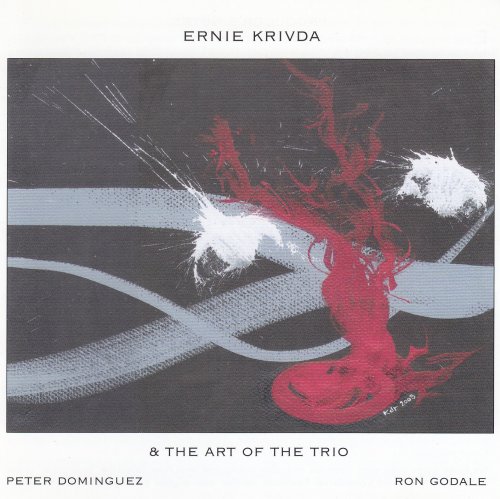
![Galliano - Unreliable Memories Of Contested Conversations (2026) [Hi-Res] Galliano - Unreliable Memories Of Contested Conversations (2026) [Hi-Res]](https://www.dibpic.com/uploads/posts/2026-01/1769761649_bch472vhc4xxi_600.jpg)
